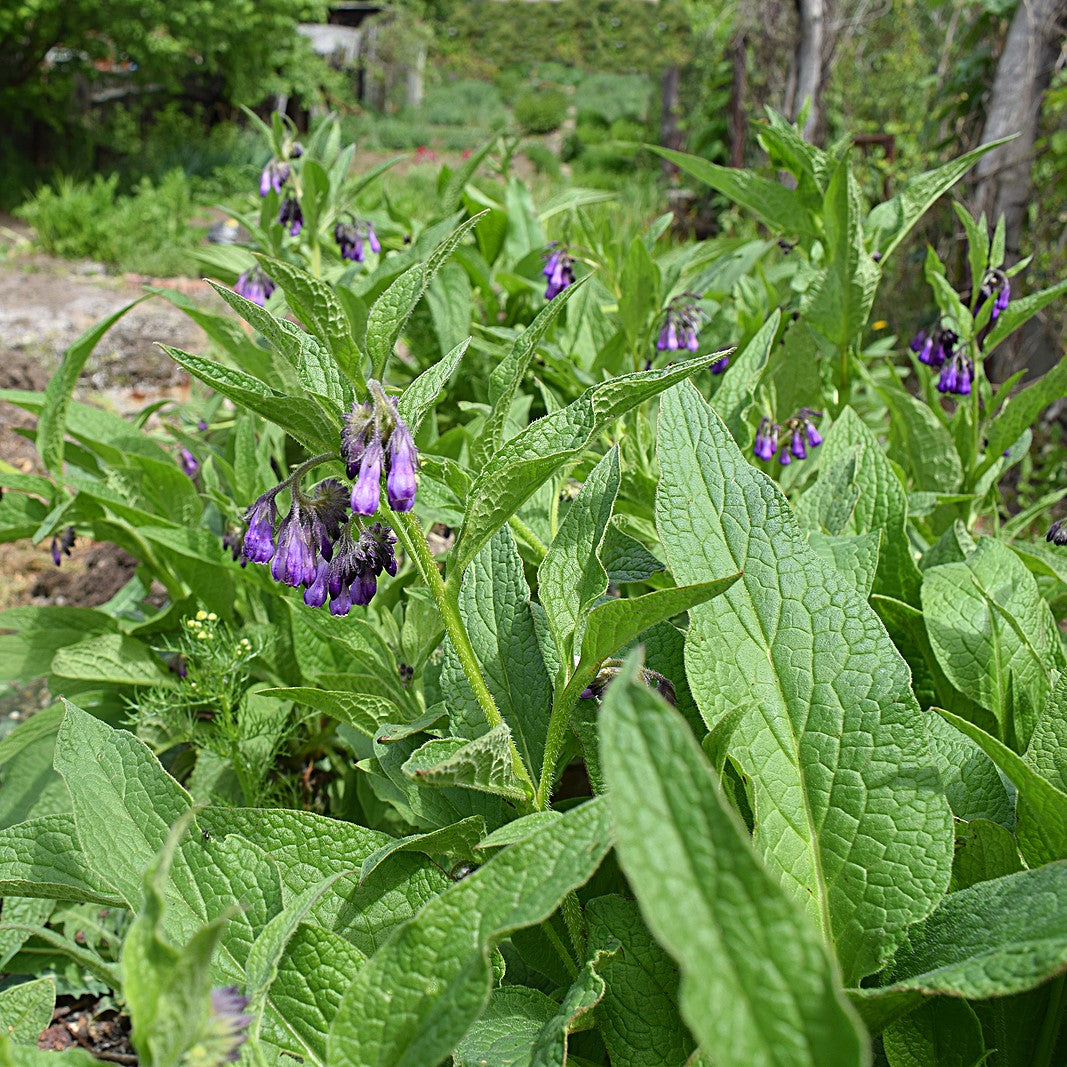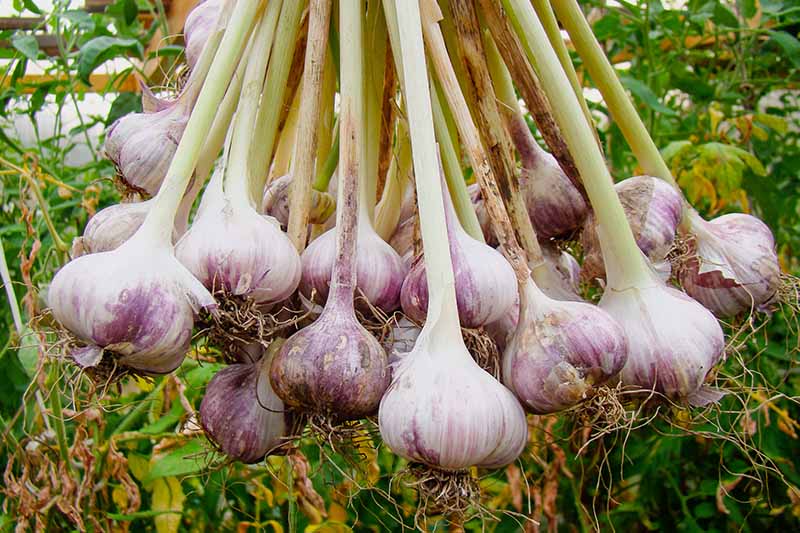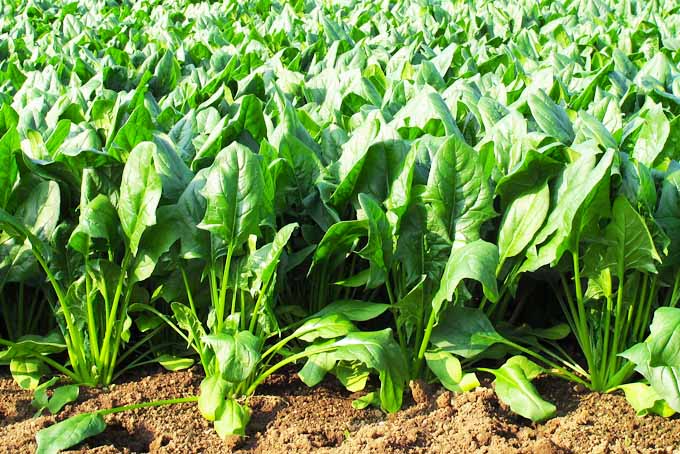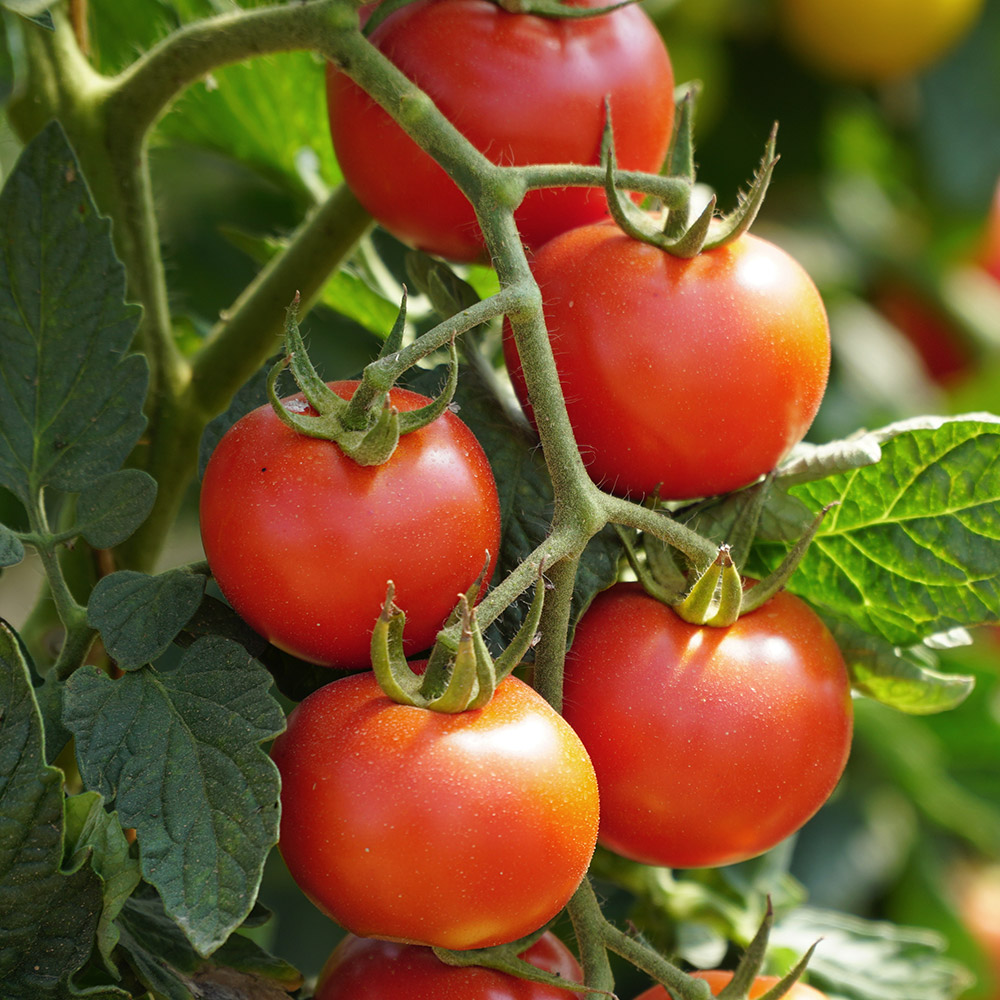Amazing Companion Plants For Almond Trees
Almond trees are a beautiful and delicious addition to any garden. They are relatively easy to care for, but they can benefit from the presence of companion plants. Companion planting is the practice of planting different types of plants together in order to create a mutually beneficial relationship. The right companion plants can help to improve the health and productivity of your almond trees, and they can also make your garden more attractive and interesting.
Here are some of the best companion plants for almond trees:
- Clover: Clover is a nitrogen-fixing plant, which means that it can add nitrogen to the soil. Nitrogen is an essential nutrient for plant growth, so clover can help to keep your almond trees healthy and productive. Clover is also a good groundcover, which can help to suppress weeds and improve the drainage around your almond trees.
- Comfrey: Comfrey is another nitrogen-fixing plant that can be a great companion for almond trees. It is also a deep-rooted plant, which means that it can help to improve the drainage and aeration of the soil. Comfrey is a fast-growing plant, so it can provide quick cover for young almond trees. It is also a demulcent, which means that it can help to soothe and heal wounds on your almond trees.

- Garlic: Garlic is a natural insect repellent, so it can help to protect your almond trees from pests. It is also a good source of sulfur, which is an important nutrient for plant health. Garlic can be planted around the base of your almond trees, or it can be interplanted with your almond trees.

- Marigolds: Marigolds are another natural insect repellent, and they can also help to improve the drainage around your almond trees. They are also a good source of nectar for pollinators, which can help to increase the pollination of your almond trees. Marigolds can be planted around the base of your almond trees, or they can be interplanted with your almond trees.

- Nasturtiums: Nasturtiums are a good companion plant for almond trees because they can help to deter pests and attract pollinators. They are also a good source of nitrogen, which can help to improve the health of your almond trees. Nasturtiums can be planted around the base of your almond trees, or they can be interplanted with your almond trees.

- Potatoes: Potatoes are a good companion plant for almond trees because they can help to suppress weeds and improve the drainage around your almond trees. They are also a good source of potassium, which is an important nutrient for plant health. Potatoes can be planted around the base of your almond trees, or they can be interplanted with your almond trees.

- Raspberries: Raspberries are a good companion plant for almond trees because they can help to attract pollinators and improve the drainage around your almond trees. They are also a good source of carbohydrates, which can help to provide energy for your almond trees. Raspberries can be planted around the base of your almond trees, or they can be interplanted with your almond trees.

- Spinach: Spinach is a good companion plant for almond trees because it can help to improve the drainage around your almond trees and suppress weeds. It is also a good source of vitamins and minerals, which can help to improve the health of your almond trees. Spinach can be planted around the base of your almond trees, or it can be interplanted with your almond trees.

When choosing companion plants for your almond trees, it is important to consider the climate and soil conditions in your area. You should also avoid planting companion plants that are known to compete with almond trees for nutrients or water.
By planting the right companion plants, you can help to improve the health, productivity, and beauty of your almond trees.
Almond trees are a beautiful and delicious addition to any garden. But did you know that companion planting can help your almond trees thrive? Companion planting is the practice of planting certain plants together that benefit each other. There are a number of great companion plants for almond trees, including:
- Clover: Clover is a nitrogen-fixing plant, which means that it helps to add nitrogen to the soil. This is beneficial for almond trees, which need nitrogen to produce healthy leaves and nuts.
- Marigolds: Marigolds are known for their insect-repelling properties. They can help to keep pests away from your almond trees, such as aphids, mealybugs, and spider mites.
- Basil: Basil is another insect-repelling plant. It can also help to improve the flavor of your almond nuts.
- Chives: Chives are a great companion plant for a number of different types of trees, including almond trees. They help to improve the soil drainage and can also help to repel pests.
- Garlic: Garlic is another great pest-repelling plant. It can also help to improve the flavor of your almond nuts.
If you're interested in learning more about companion planting for almond trees, I recommend visiting Gardenia Inspiration. This website has a wealth of information on the topic, including a list of specific companion plants that are beneficial for almond trees.
FAQ of companion plants for almond trees
Q: What are some good companion plants for almond trees?
A: Some good companion plants for almond trees include:
- Garlic: Garlic helps to repel pests and diseases, and it also improves the soil's fertility.

- Clover: Clover is a nitrogen-fixing plant, which means it can help to improve the soil's nitrogen content. This is beneficial for almond trees, as they need nitrogen to grow and produce nuts.
- Tansy: Tansy is a pest-repelling plant that can help to keep away insects such as aphids and mites.
- Comfrey: Comfrey is a deep-rooted plant that can help to improve the soil's drainage and aeration. This can be beneficial for almond trees, as they do not like to sit in wet soil.

- Bee balm: Bee balm is a nectar-rich plant that attracts bees and other pollinators. This is important for almond trees, as they need pollinators to help them reproduce.
Q: What are some plants that should not be planted near almond trees?
A: Some plants that should not be planted near almond trees include:
- Black walnut trees: Black walnut trees produce a toxin called juglone, which can stunt the growth of other plants.

- Cabbage family plants: Cabbage family plants, such as broccoli, Brussels sprouts, and kale, are susceptible to a disease called verticillium wilt, which is also caused by juglone.

- Tomatoes: Tomatoes are also susceptible to verticillium wilt, so they should not be planted near almond trees.

Q: How far apart should companion plants be planted from almond trees?
A: The distance between companion plants and almond trees will vary depending on the size of the plants. However, as a general rule, companion plants should be planted at least 3 feet away from almond trees.
Q: What are the benefits of companion planting with almond trees?
There are many benefits to companion planting with almond trees, including:
- Improved soil health: Companion plants can help to improve the soil's fertility, drainage, and aeration. This can lead to healthier almond trees.
- Reduced pest and disease pressure: Companion plants can help to repel pests and diseases, which can help to protect almond trees from damage.
- Increased pollination: Companion plants that attract pollinators, such as bees and butterflies, can help to increase pollination of almond trees. This can lead to a higher yield of nuts.
- Visual appeal: Companion plants can add visual interest to an almond tree landscape.
Q: What are some tips for companion planting with almond trees?
Here are some tips for companion planting with almond trees:
- Do your research: Before you plant any companion plants, do some research to make sure they are compatible with almond trees.
- Choose the right plants: Consider the size of the plants, their sunlight and water requirements, and their pest and disease resistance when choosing companion plants for almond trees.
- Plant the right distance apart: As mentioned earlier, companion plants should be planted at least 3 feet away from almond trees.
- Water regularly: Companion plants need to be watered regularly, especially during hot, dry weather.
- Mulch around the plants: Mulching around the plants can help to retain moisture, suppress weeds, and improve the soil's health.
Image of companion plants for almond trees
5 different images of companion plants for almond trees from Pinterest:
- Comfrey: Comfrey is a nitrogen-fixing plant that can help to improve the soil quality around your almond tree. It also attracts beneficial insects, such as ladybugs and lacewings, which can help to control pests.
- Cabbage: Cabbage is a heavy feeder, so it can help to draw nutrients away from your almond tree, preventing them from becoming too concentrated. It also helps to suppress weeds.

- Marigolds: Marigolds are known for their insect-repelling properties. They can help to keep pests away from your almond tree, such as aphids, whiteflies, and beetles.

- Onions: Onions release sulfuric compounds into the soil, which can help to deter pests. They also help to improve the drainage around your almond tree.

- Rosemary: Rosemary is a fragrant herb that can help to repel aphids and other pests. It also attracts pollinators, such as bees and butterflies, which can help to pollinate your almond tree.


Post a Comment for " Amazing Companion Plants For Almond Trees"